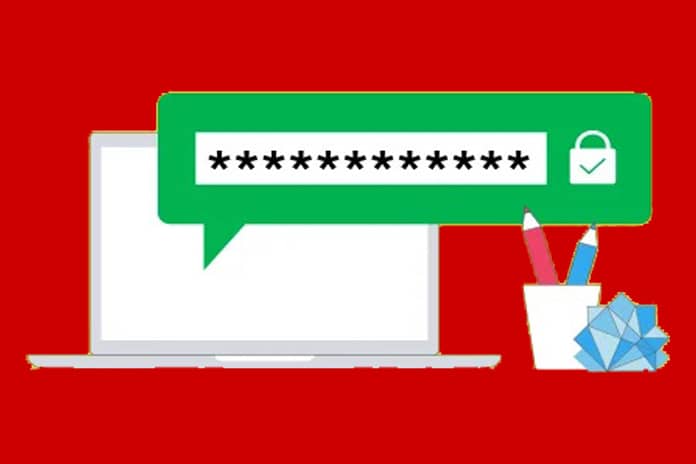When browsing on internet you must be very cautious and keep both the files you share and your user accounts on different websites secure. We already teach you how to manage your passwords and today we are going to tell you how to create strong passwords in a few steps:
Table of Contents
Tips For Creating Effective Passwords
Use Different Password Patterns For Each Site
Yes, it is almost inevitable to fall into the temptation to use the same password for everything: email, social networks, users on web pages? without a doubt, it is a very comfortable option but you should not do this since, if at any time someone manages to find out your password, they will have the key to enter all your accounts.
Use A Variety Of Characters
Always, always, always use combinations of letters, numbers and symbols in your passwords. Avoid meaningful words such as the month you were born or the name of your parents. Yes, we know that a succession of characters and symbols is more difficult to remember than a word, but it will be worth it for the security of your data. And of course, also avoid using the typical “123” and “ABC”.
Make Your Password Is Long
The longer the key, the harder it will be to remember, but it will also be more difficult to figure out, and that’s what it’s all about. Choose a long password for your accounts with different letters, numbers and symbols and it will be a secure password.
Do Not Write The Password On A Paper
What is the use of taking so many precautions to create a password if it ends up written on a sheet or post-it? Do not write your passwords on paper since you can lose it and that they end up in the hands of a person who decides to use them to harm you. And of course, don’t pick them up in a document on your computer, smartphone or tablet either.
Use A Password Manager
This is where the different functions of password managers come into play. And it is that these programs, although they seem complicated to use, are actually very intuitive and are going to make it easy for you to do things that we have talked about, such as using a password for each account or not writing down the keys on paper, since the password manager stores and memorizes them so that you will not have to worry about learning them or writing them often.
Final Words
In short, use a different password for each of your accounts, containing letters, numbers and symbols, be careful. avoid writing them down on paper and instead use a password manager that will allow you to have them all under control.
It is possible that you think that you do not need to take so much trouble when choosing a password since you do not have important or confidential information on the network, but, yes, you will surely have photographs and even some account number that you must protect from hackers.


